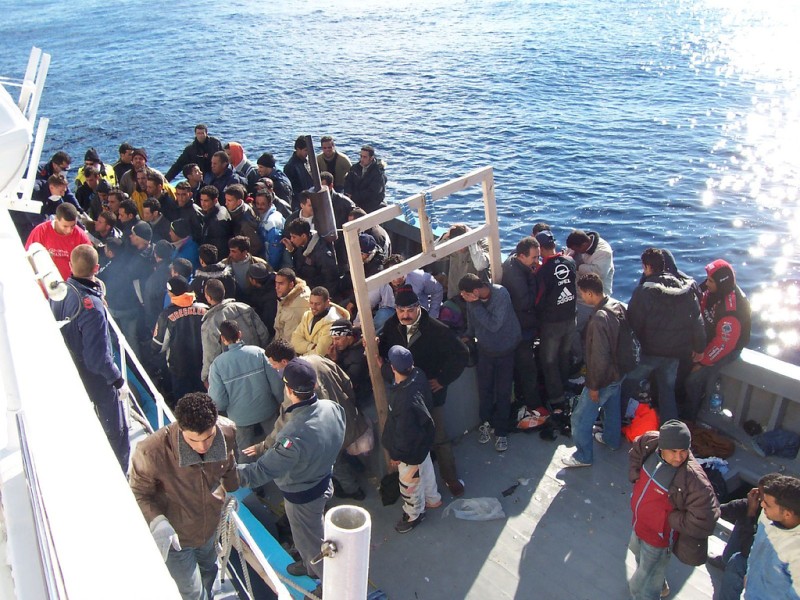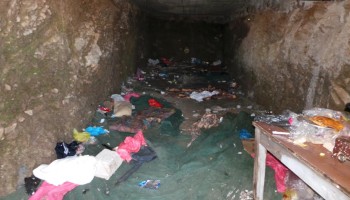In 2015, human smugglers facilitated the travel of 90 percent of migrants entering the European Union, according to a joint Europol-Interpol 2016 Report on Migrant Smuggling Networks.
Prices for migrant smuggling have tripled in the past six months as compared to last year, according to the Wall Street Journal.
While last summer migrants were paying between € 2,000 (US $2,200) and € 5,000 (US $5,500) from the country of origin to a final destination in the EU, they are currently paying up to € 3,000 (US $3,300) for just one part of the journey.
One of the consequences of the higher fee for smugglers is that it is taking the migrants more time to arrive in the country of destination.
“Last year, the trips were sometimes completed in one to two weeks; now a journey can last for months,” says the press release.
The closure of the borders in March resulting from the EU-Turkey agreement has also played a role in the increased travel times.
“Closing the border sent the message, not directly, to both smugglers and to migrants and refugees who have wanted to come to Greece [that] you cannot go out of the country since the border was closed after the EU-Turkey agreement was signed,” Christine Nikolaidou, Public Information Officer at the International Organization for Migration (IOM) in Greece, told OCCRP.
“This measure, in the beginning, was not very clear. People were lying, they were trying to trap the migrants and refugees by telling them that the border would open soon […] but when they realized that this is not going to happen, the migration flows decreased,” she said.
Human smuggling is worth US $157 billion, the third most profitable criminal activity in the world, only after drug trafficking (US $344 billion) and counterfeit crimes (US $288 billion), according to a joint UNEP-Interpol report.
Last year, human smugglers made an estimated US$ 5 billion to 6 billion related to the recent migration to Europe.
Europol also said that another possible explanation of why migrants are staying longer in the country of arrival is the increase in labor exploitation as some are forced to work to pay the smugglers their debts.
While in 2015 “0.2 percent of migrants declared that they had to work to pay back smugglers, this rose to 5 percent in 2016,” according to Europol.
These factors have resulted in more people stuck in transit countries, like Greece, with more than 56,000 people stranded, waiting for a solution.
Europol launched in February the European Migrant Smuggling Centre (EMSC) to support Europol’s efforts to dismantle criminal networks involved in human smuggling, focusing on geographical criminal hotspots.
Under the EMSC, 11 specialists have been deployed at hotspots in Greece and Italy.
Over one million migrants illegally entered the European Union and over 3,770 migrants lost their lives in the Mediterranean Sea in 2015, according to Europol and IOM estimates. As of June 26, 2016, there have been 229,963 arrivals to Europe and an additional 2,888 found dead or missing in Mediterranean.
Europol expects that smugglers will increasingly offer new routes and ways to travel to bypass the hotspots and reach Europe.






